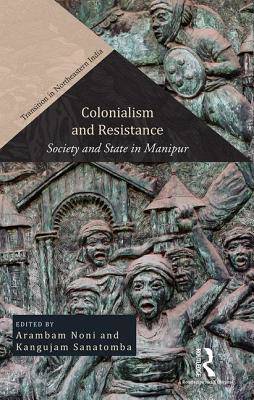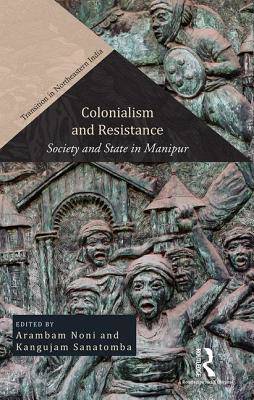
- Retrait gratuit dans votre magasin Club
- 7.000.000 titres dans notre catalogue
- Payer en toute sécurité
- Toujours un magasin près de chez vous
- Retrait gratuit dans votre magasin Club
- 7.000.000 titres dans notre catalogue
- Payer en toute sécurité
- Toujours un magasin près de chez vous
Colonialism and Resistance
Society and State in Manipur
Description
Part of the 'Transition in Northeastern India' series, this volume critically explores how Northeast India, especially Manipuri society, responded to colonial rule. It studies the interplay between colonialism and resistance to provide an alternative understanding of colonialism on the one hand, and society and state formation on the other. Challenging dominant histories of the area, the essays provide significant insights into understanding colonialism and its multiple effects on economy, polity, culture, and faith system. It examines hitherto untouched areas in the study of Northeast, and discusses how social movements are augmented, constituted or sustained.
This book will be of great interest to researchers and scholars of modern history, sociology and social anthropology, particularly those concerned with Northeast India.
Spécifications
Parties prenantes
- Editeur:
Contenu
- Nombre de pages :
- 280
- Langue:
- Anglais
- Collection :
Caractéristiques
- EAN:
- 9781138795532
- Date de parution :
- 01-10-14
- Format:
- Livre relié
- Format numérique:
- Genaaid
- Dimensions :
- 140 mm x 216 mm
- Poids :
- 471 g






